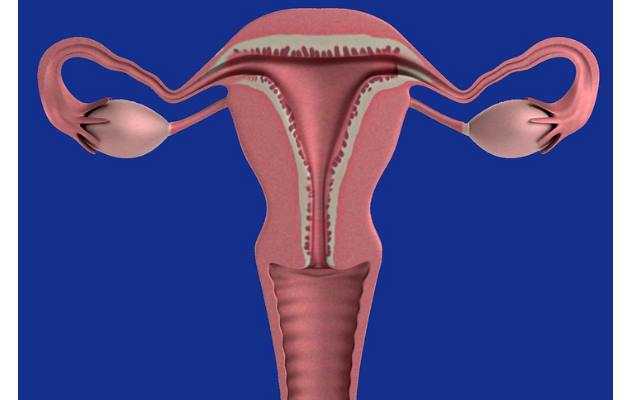What is abnormal uterine bleeding?
Any form of uterine bleeding where spotting or bleeding occurs outside the regular menstrual period, the experience of more frequent periods, heavier flow during the menstrual cycle and prolonged bleeding during the period qualifies as abnormal uterine bleeding.
Since not all women have a monthly period that arrives on the exact date, a limit of between 21 and 35 days between 2 periods is permissible. If this is either exceeded or experienced sooner, an examination of the causes for the bleeding may be necessary.
What are the main signs and symptoms?
While doctors do orient women on acceptable deviations from the date of the period, there are some defined signs that point to abnormal uterine bleeding, which include:
- A period that more frequent than once in 3 weeks, or takes longer than 5 weeks.
- A period lasting over a week or under 2 days.
- Changing tampons or periods more frequently than once an hour.
- Bleeding or spotting after intercourse or between periods.
What are its main causes?
The most common cause for the condition is an imbalance in hormones. Other conditions may include:
- Birth control medication
- Stress or anxiety
- Increased weight gain or weight loss
- An IUD
- Fibroids in the uterus
- Medication to thin the blood
- Cervical cancer or uterine cancer
- Illnesses related to thyroid or kidneys
- Infections in cervix or uterus
Are you also troubled by obesity and are not able to lose weight even after a lot of efforts, then start using myUpchar Ayurveda Medarodh Weight Control Tablet today and control your weight.
How is it diagnosed and treated?
Immediate diagnosis may not be possible, since the doctor would run a physical examination, and may decide to observe the next cycle and period in between. A pregnancy test and medical history are other steps that form the primary diagnosis. This is followed by blood tests for hormonal imbalance, iron deficiency or blood-related disorders. The doctor will also run an ultrasound to check the uterus, or a hysteroscopy to examine the cervix. A biopsy may be conducted if cancer or other disorder is suspected.
Depending on what the diagnosis indicates, a course of treatment is chosen to address the issue and provide quick relief. Some courses of treatment are:
- Hormonal medication to regularise periods and lessen blood flow include birth control medication. Gonadotropin-releasing hormone agonists. (Read more: Irregular period treatment)
- Anti-inflammatory medicines to lower blood flow.
- Tranexamic acid for blood clotting and reducing bleeding.
- Endometrial ablation which destroys the lining of the uterus, but virtually stops the period thereafter.
- Myomectomy – which removes fibroids or cuts off blood supply to them.
- Hysterectomy for large fibroids or uterine cancer.
(Get online doctor consultation for any health issue)

 Doctors for Abnormal Uterine Bleeding
Doctors for Abnormal Uterine Bleeding  OTC Medicines for Abnormal Uterine Bleeding
OTC Medicines for Abnormal Uterine Bleeding



















